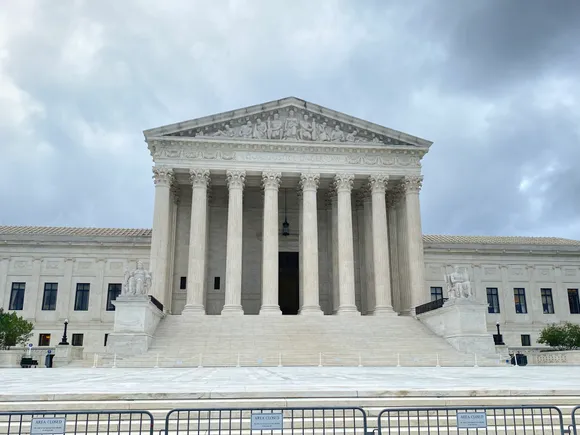Federal enforcement of new workplace protections for pregnant workers is picking up steam, just as regulations implementing those requirements reach 100 days on the books.
The U.S. Equal Employment Opportunity Commission filed its first lawsuit alleging violations of the Pregnant Workers Fairness Act earlier this month and followed it up with two more Wednesday.
Accommodation a common thread
In the first lawsuit, EEOC v. Wabash National Corporation, the commission alleged an employer denied a pregnant employee’s accommodation request to transfer to a role that didn’t require lying on her stomach. She eventually resigned at eight months pregnant, according to EEOC.
The most recent complaints, EEOC v. Polaris Industries, Inc., and EEOC v. Urologic Specialists of Oklahoma, Inc., similarly focused on the law’s accommodation requirement.
In the former, the employer allegedly refused to excuse an employee’s absences for pregnancy-related conditions and medical appointments, and required her to work mandatory overtime despite a doctor’s restriction. It threatened the employee with termination if she was absent again, so she resigned to avoid termination, EEOC claimed.
In the latter case, the employer allegedly refused to allow an employee to sit, take breaks or work part time as her doctor required for the final trimester of her high-risk pregnancy. The employer instead forced her to take unpaid leave, EEOC said.
Employer takeaways
While challenges to EEOC’s PWFA regulations make their way through court, employment law attorneys have generally urged compliance.
HR professionals may want to take particular note of the accommodation mandate which, unlike the Americans With Disabilities Act, doesn’t have a severity threshold for pregnancy-related accommodations.
In other words, “a worker with a healthy and normal pregnancy could seek and receive an accommodation under the PWFA,” Emily Litzinger, a partner at law firm Fisher Phillips, said in an analysis Tuesday.
Employers are expected to engage in an interactive process with the employee seeking accommodation, and EEOC’s regulations specifically prohibit employers from requiring an employee to accept a modification “other than any reasonable accommodation arrived at through the interactive process.” The statute itself prohibits an employer from requiring a covered employee to take leave, whether paid or unpaid, if another reasonable accommodation can be provided.
Other charges in EEOC’s three lawsuits included alleged missteps around medical documentation. According to the commission, employers cannot request documentation if the need is obvious — a request for a larger uniform due to pregnancy or to sit, for example.






Leave a Reply